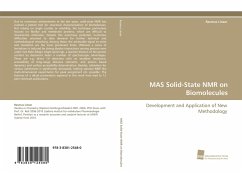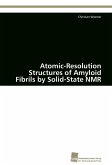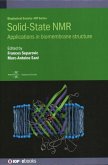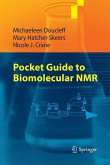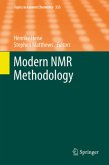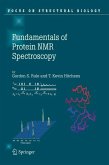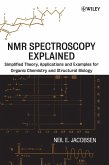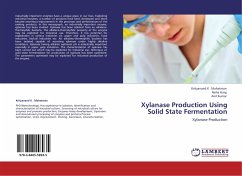Due to numerous achievements in the last years, solid-state NMR has evolved a potent tool for structural characterization of biomolecules. Not relying on single crystals or solubility, the technique particularly focuses on fibrillar and membrane proteins, which are difficult to characterize otherwise. Despite this enormous potential, numerous difficulties unsolved to date demand for further technical and methodological reworking. Among these, the achievable signal to noise and resolution are the most prominent limits. Whereas a series of limitations is induced by strong dipolar interactions among protons even under fast MAS (Magic Angle Spinning), a (partial) dilution of the proton content by deuterons bears a number of spectroscopic advantages. These are e.g. direct 1H detection with an excellent resolution, accessibility of long-range distance restraints, and proton based dynamics and surface accessibility determination. Besides, relaxation for various coherences is significantly decreased, making solution-NMR like multi-dimensional experiments for peak assignment etc. possible. The features of a dilute protonation explored in this work have lead to 12 peer-reviewed publications.
Bitte wählen Sie Ihr Anliegen aus.
Rechnungen
Retourenschein anfordern
Bestellstatus
Storno

